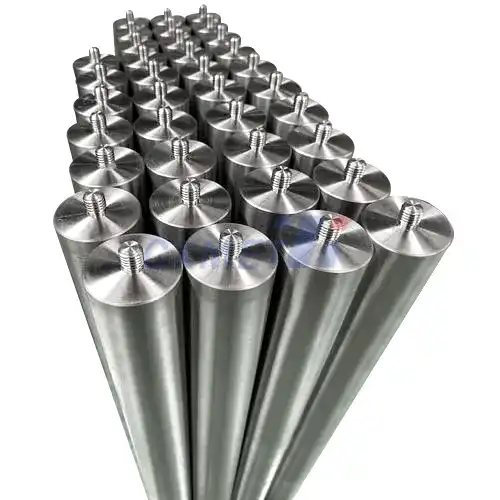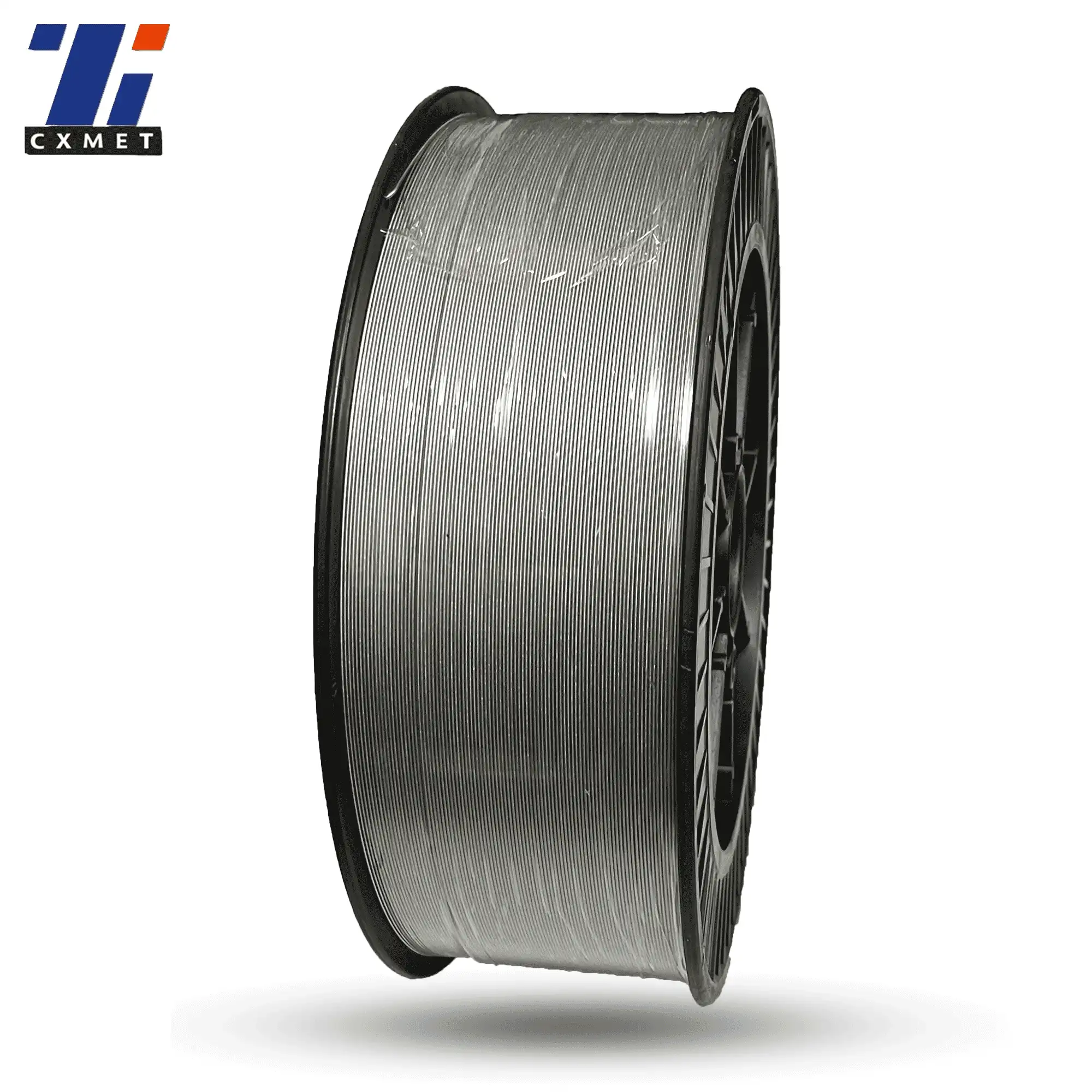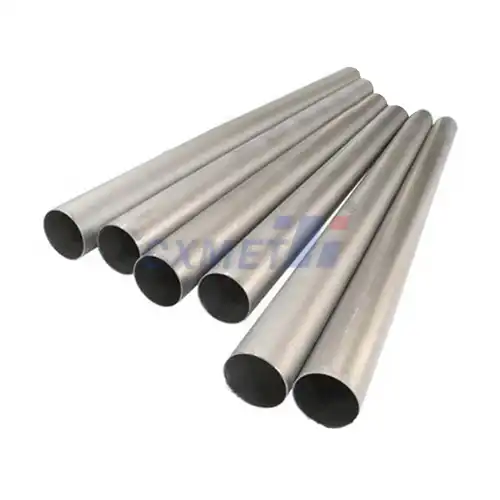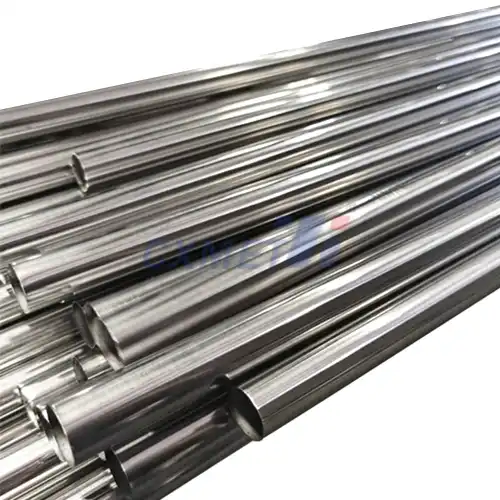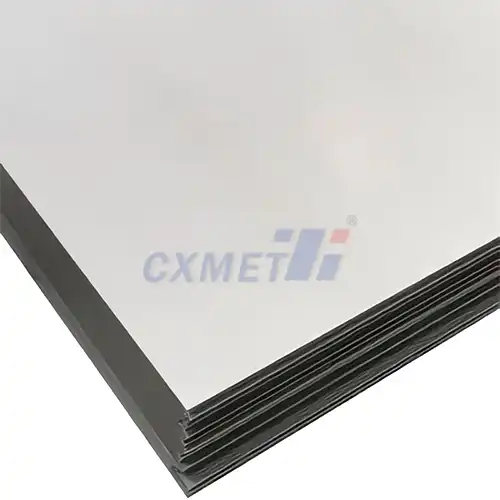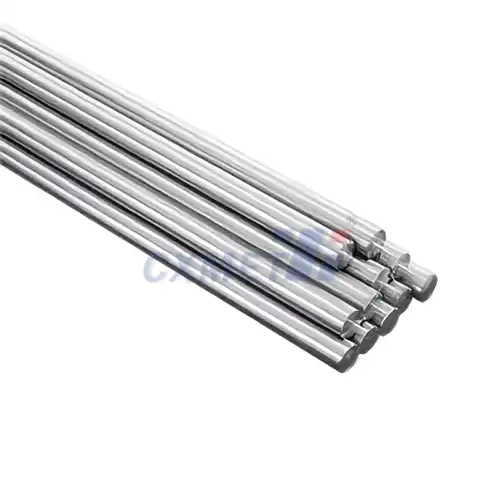- English
- French
- German
- Portuguese
- Spanish
- Russian
- Japanese
- Korean
- Arabic
- Greek
- German
- Turkish
- Italian
- Danish
- Romanian
- Indonesian
- Czech
- Afrikaans
- Swedish
- Polish
- Basque
- Catalan
- Esperanto
- Hindi
- Lao
- Albanian
- Amharic
- Armenian
- Azerbaijani
- Belarusian
- Bengali
- Bosnian
- Bulgarian
- Cebuano
- Chichewa
- Corsican
- Croatian
- Dutch
- Estonian
- Filipino
- Finnish
- Frisian
- Galician
- Georgian
- Gujarati
- Haitian
- Hausa
- Hawaiian
- Hebrew
- Hmong
- Hungarian
- Icelandic
- Igbo
- Javanese
- Kannada
- Kazakh
- Khmer
- Kurdish
- Kyrgyz
- Latin
- Latvian
- Lithuanian
- Luxembou..
- Macedonian
- Malagasy
- Malay
- Malayalam
- Maltese
- Maori
- Marathi
- Mongolian
- Burmese
- Nepali
- Norwegian
- Pashto
- Persian
- Punjabi
- Serbian
- Sesotho
- Sinhala
- Slovak
- Slovenian
- Somali
- Samoan
- Scots Gaelic
- Shona
- Sindhi
- Sundanese
- Swahili
- Tajik
- Tamil
- Telugu
- Thai
- Ukrainian
- Urdu
- Uzbek
- Vietnamese
- Welsh
- Xhosa
- Yiddish
- Yoruba
- Zulu
How Does Gr4 Titanium Wire Compare To Gr5 Or Gr2 In Terms Of Strength?
2024-12-28 15:31:42
Titanium wire is widely used in various industries due to its exceptional strength-to-weight ratio, corrosion resistance, and biocompatibility. When comparing different grades of titanium wire, such as Gr4 titanium wire, Grade 5 (Gr5), and Grade 2 (Gr2), it's essential to understand their relative strengths and characteristics. This blog post will explore the differences between these titanium grades, focusing on their strength properties and applications.

What are the main differences between Gr4, Gr5, and Gr2 titanium alloys?
Titanium alloys are categorized into different grades based on their composition and properties. Gr4 titanium wire, Gr5, and Gr2 are among the most commonly used grades in various applications. Each grade has distinct characteristics that make it suitable for specific uses.
Grade 4 titanium, also known as commercially pure (CP) titanium, is the strongest of the unalloyed grades. It contains a higher percentage of oxygen compared to other CP grades, which contributes to its increased strength. Gr4 titanium offers an excellent balance between strength and formability, making it ideal for applications that require both properties.
Grade 5 titanium, also called Ti-6Al-4V, is an alpha-beta alloy containing 6% aluminum and 4% vanadium. It is the most widely used titanium alloy, known for its high strength-to-weight ratio and excellent mechanical properties. Gr5 titanium offers superior strength compared to Gr4 and Gr2, making it suitable for high-performance applications in aerospace, medical, and industrial sectors.
Grade 2 titanium is another commercially pure grade, with lower strength than Gr4 but higher ductility and formability. It is often used in applications that require excellent corrosion resistance and moderate strength, such as chemical processing equipment and marine applications.
When comparing these grades in terms of strength, the general order from strongest to weakest is: 1. Grade 5 (Ti-6Al-4V) 2. Grade 4 (CP titanium) 3. Grade 2 (CP titanium)
It's important to note that while Gr5 titanium offers the highest strength, it may not always be the best choice for every application. Factors such as corrosion resistance, biocompatibility, and formability should also be considered when selecting the appropriate titanium grade for a specific use.
How does the tensile strength of Gr4 titanium wire compare to Gr5 and Gr2?
Tensile strength is a crucial property when comparing different grades of titanium wire. It refers to the maximum stress that a material can withstand while being stretched before failing. When examining the tensile strength of Gr4 titanium wire, Gr5, and Gr2 titanium wires, we can observe significant differences that influence their applications and performance.
Grade 5 (Ti-6Al-4V) titanium wire exhibits the highest tensile strength among the three grades. It typically has a minimum tensile strength of about 895 MPa (130,000 psi) in the annealed condition, which can be increased to over 1,100 MPa (160,000 psi) through heat treatment. This high strength makes Gr5 titanium wire ideal for applications requiring maximum load-bearing capacity, such as aerospace components, high-performance automotive parts, and surgical implants.
Grade 4 titanium wire, while not as strong as Gr5, still offers impressive tensile strength. It typically has a minimum tensile strength of about 550 MPa (80,000 psi). This strength level is significantly higher than that of Gr2 titanium, making Gr4 an excellent choice for applications that require a balance between strength and the benefits of commercially pure titanium, such as corrosion resistance and biocompatibility.
Grade 2 titanium wire has the lowest tensile strength among the three, with a typical minimum tensile strength of about 345 MPa (50,000 psi). Despite having the lowest strength, Gr2 titanium still offers excellent corrosion resistance and is often used in applications where moderate strength is sufficient, and other properties like formability and weldability are more critical.
It's worth noting that these tensile strength values can vary depending on the specific manufacturing process, heat treatment, and wire diameter. Generally, smaller diameter wires tend to have higher tensile strengths due to the work hardening effect during the drawing process.
When selecting titanium wire for a specific application, it's essential to consider not only the tensile strength but also other mechanical properties such as yield strength, elongation, and fatigue resistance. For instance, while Gr5 titanium wire offers the highest tensile strength, it may have lower elongation compared to Gr4 or Gr2, which could be a crucial factor in applications requiring high formability.
The choice between Gr4, Gr5, and Gr2 titanium wire ultimately depends on the specific requirements of the application. For example: - In aerospace applications where weight savings and high strength are critical, Gr5 titanium wire is often preferred. - In medical implants where a balance between strength and biocompatibility is needed, Gr4 titanium wire might be the optimal choice. - For chemical processing equipment where corrosion resistance is paramount, and moderate strength is sufficient, Gr2 titanium wire could be the most suitable option.
Understanding the tensile strength differences between these titanium grades allows engineers and designers to make informed decisions when selecting the most appropriate material for their specific needs, ensuring optimal performance and longevity of the final product.

What factors influence the choice between Gr4, Gr5, and Gr2 titanium wire for specific applications?
Selecting the appropriate grade of titanium wire for a specific application involves considering various factors beyond just strength. While Gr4 titanium wire, Gr5, and Gr2 titanium wires each have their unique strengths, the choice between them depends on a complex interplay of mechanical, chemical, and economic factors. Understanding these influences is crucial for making informed decisions in material selection.
1. Mechanical Properties: Beyond tensile strength, other mechanical properties play a significant role in the selection process. These include: - Yield strength: The stress at which a material begins to deform plastically. - Elongation: The extent to which the material can stretch before breaking. - Fatigue resistance: The ability to withstand cyclic loading without failure. - Hardness: Resistance to surface deformation and wear. Gr5 titanium generally offers the highest values in most of these properties, followed by Gr4, and then Gr2. However, the specific requirements of an application may prioritize one property over others. For instance, in applications requiring high formability, the greater elongation of Gr2 might be more desirable than the higher strength of Gr5.
2. Corrosion Resistance: All titanium grades offer excellent corrosion resistance, but there are subtle differences. Gr2 and Gr4, being commercially pure grades, generally provide superior corrosion resistance compared to Gr5, especially in highly corrosive environments. This makes them preferred choices in chemical processing, marine applications, and certain medical implants where exposure to bodily fluids is a concern.
3. Biocompatibility: For medical and dental applications, biocompatibility is crucial. While all three grades are considered biocompatible, Gr4 and Gr2 are often preferred due to their purity. Gr5, despite its higher strength, may be less desirable in some biomedical applications due to concerns about the long-term effects of its alloying elements (aluminum and vanadium) in the body.
4. Weldability and Fabrication: The ease of welding and fabrication can significantly influence material choice, especially in complex manufacturing processes. Gr2 titanium is generally the easiest to weld and form, followed by Gr4. Gr5, while offering the highest strength, can be more challenging to weld and form due to its alloying elements.
5. Temperature Performance: Different grades of titanium wire perform differently at elevated temperatures. Gr5 titanium typically maintains its strength at higher temperatures compared to Gr4 and Gr2, making it a preferred choice in high-temperature applications like aerospace components.
6. Cost Considerations: Cost is always a factor in material selection. Generally, Gr2 titanium is the least expensive, followed by Gr4, with Gr5 being the most costly due to its alloying elements and more complex production process. The choice often involves balancing performance requirements with budget constraints.
7. Availability and Supply Chain: The availability of different grades in the required forms (e.g., specific wire diameters) can influence the selection. Gr5 titanium, being widely used in aerospace and medical industries, is often more readily available in a variety of forms compared to other grades.
8. Regulatory Requirements: In certain industries, particularly medical and aerospace, material selection is subject to strict regulatory requirements. These regulations may dictate the use of specific grades for certain applications, limiting the choice based on compliance needs.
9. Environmental Factors: The intended operating environment of the final product plays a crucial role. For instance, in marine applications where chloride resistance is crucial, Gr2 or Gr4 might be preferred over Gr5 despite the latter's higher strength.
10. Design Flexibility: The chosen material can impact the overall design of a component. For example, the higher strength of Gr5 might allow for thinner wire or smaller components, which could be crucial in weight-sensitive applications or miniaturized devices.
In conclusion, while the strength comparison between Gr4 titanium wire, Gr5, and Gr2 titanium wire is an important consideration, the final choice depends on a holistic evaluation of all these factors. Engineers and designers must carefully weigh these aspects against the specific requirements of their application to select the most appropriate titanium grade. This comprehensive approach ensures that the chosen material not only meets the strength requirements but also aligns with other crucial factors such as corrosion resistance, biocompatibility, manufacturability, and cost-effectiveness, ultimately leading to optimal product performance and longevity.
At SHAANXI CXMET TECHNOLOGY CO., LTD, we take pride in our extensive product range, which caters to diverse customer needs. Our company is equipped with outstanding production and processing capabilities, ensuring the high quality and precision of our products. We are committed to innovation and continuously strive to develop new products, keeping us at the forefront of our industry. With leading technological development capabilities, we are able to adapt and evolve in a rapidly changing market. Furthermore, we offer customized solutions to meet the specific requirements of our clients. If you are interested in our products or wish to learn more about the intricate details of our offerings, please do not hesitate to contact us at sales@cxmet.com. Our team is always ready to assist you.

References
- ASTM International. (2021). Standard Specification for Titanium and Titanium Alloy Wire.
- Boyer, R., Welsch, G., & Collings, E. W. (1994). Materials Properties Handbook: Titanium Alloys. ASM International.
- Lutjering, G., & Williams, J. C. (2007). Titanium. Springer Science & Business Media.
- Titanium Industries. (2022). Titanium Grades Explained.
- MatWeb. (2022). Titanium Alloy Properties.
- Donachie, M. J. (2000). Titanium: A Technical Guide. ASM International.
- Leyens, C., & Peters, M. (Eds.). (2003). Titanium and Titanium Alloys: Fundamentals and Applications. John Wiley & Sons.
- Rack, H. J., & Qazi, J. I. (2006). Titanium alloys for biomedical applications. Materials Science and Engineering: C, 26(8), 1269-1277.
- Peters, M., Kumpfert, J., Ward, C. H., & Leyens, C. (2003). Titanium alloys for aerospace applications. Advanced Engineering Materials, 5(6), 419-427.
- Veiga, C., Davim, J. P., & Loureiro, A. J. R. (2012). Properties and applications of titanium alloys: a brief review. Rev. Adv. Mater. Sci, 32(2), 133-148.
